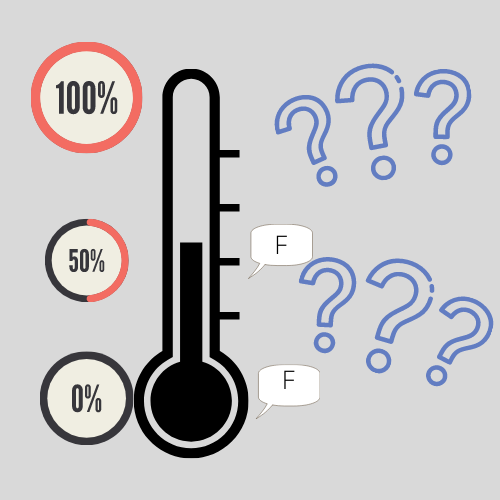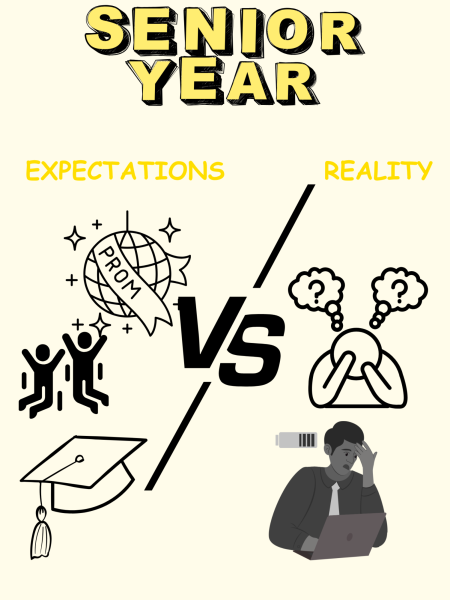Middle College teachers grade the new grading policy

Juan Carreon & Sofia Macedo (created with Canva)
Does the new grading policy change things too much or just enough?
On November 10, 2020 a new grading policy was implemented which makes the floor for grading 55%. Now, for this school year, the school board is continuing this policy within this semester with the floor now being 50%. Other changes to the grading policy include ensuring that homework will be accepted as long as it started in class as a class assignment. Additionally, the policy aims at teachers grading coursework compassionately with the understanding that students may have other things to focus on as a result of the pandemic.
Not many teachers believe that this is the right path to go through due to the lack of responsibility it leaves to the students. Many believe that there are other educational ways to cater to the children that seem to need the help. Therefore, what do the teachers of Middle College think?
English teacher Mrs. Peterson believes the policy was reasonable during quarantine because it was very true that the circumstances many students were experiencing made school a major struggle. However, she now thinks that pushing these same policies into the new school year is senseless.
Mrs. Peterson states, “This year we are all here, we are all in a room, we are all learning together and it is more of an even playing field. I don’t understand why three fourths of a way into a semester we would make this announcement. It’s not preparing the kids to be ready for college.”
Taking Peterson’s words into consideration, there is a common pattern found between teachers. History teacher Mr. Ramos has a similar thought process when it comes to the grading scale. There is a lack of focus on readiness for moving onto a 4-year college.
Mr. Ramos said, “I’m all for helping people in whichever way is possible, but I think that for our school it doesn’t make sense because our school is all about academics… My job as a teacher is to prepare you for a four year university, but not just to get there but to succeed there.”
Given these points, teachers aren’t seeming to solely disagree with the grading system because it is making things easier, but they are deeply worried about the consequences that come from a system that eases the difficulty of what school is supposed to be. Although the grading scale currently is giving students an easy time, it will only become part of a bigger problem once they reach a four year university.
Lastly, Algebra teacher, Mr. Kaneko believes SAUSD is continuing with this grading policy because of how they want to be perceived. Not only that, he also leans on the side that it’s helping students at the moment, but will greatly affect them once they pursue a higher education.
“It is not a good optic for the school board. If so many people fail, what do they care about? Of course they want you to do well, but meanwhile they don’t want to look bad. To me it is a completely political decision rather than sympathetic, well I’m sure there is a part for the sympathetic… they do what the popular thing is, it doesn’t mean it’s the right thing,” Kaneko said.
Whether the grading policy is a political decision or simply sympathetic, there is the clearest pattern among the teacher’s views. This pattern is the fact that it is only setting up children for failure for a university. Peterson, Ramos, and Kaneko all shared the same fear.
Kaneko states, “We are not doing a good job by giving you a full sense of security. You guys know it’s not going to be like this next school, they’ll just laugh at you. What do you mean you didn’t do the work? What do you mean just 50%? They’ll just laugh at you.”

I have two cats (Ace and Cheeto), I really like getting stuffies from the claw machine and I like experimenting with things.

I'm a senior, I'm taking three college classes, and I’m learning how to drive.




































